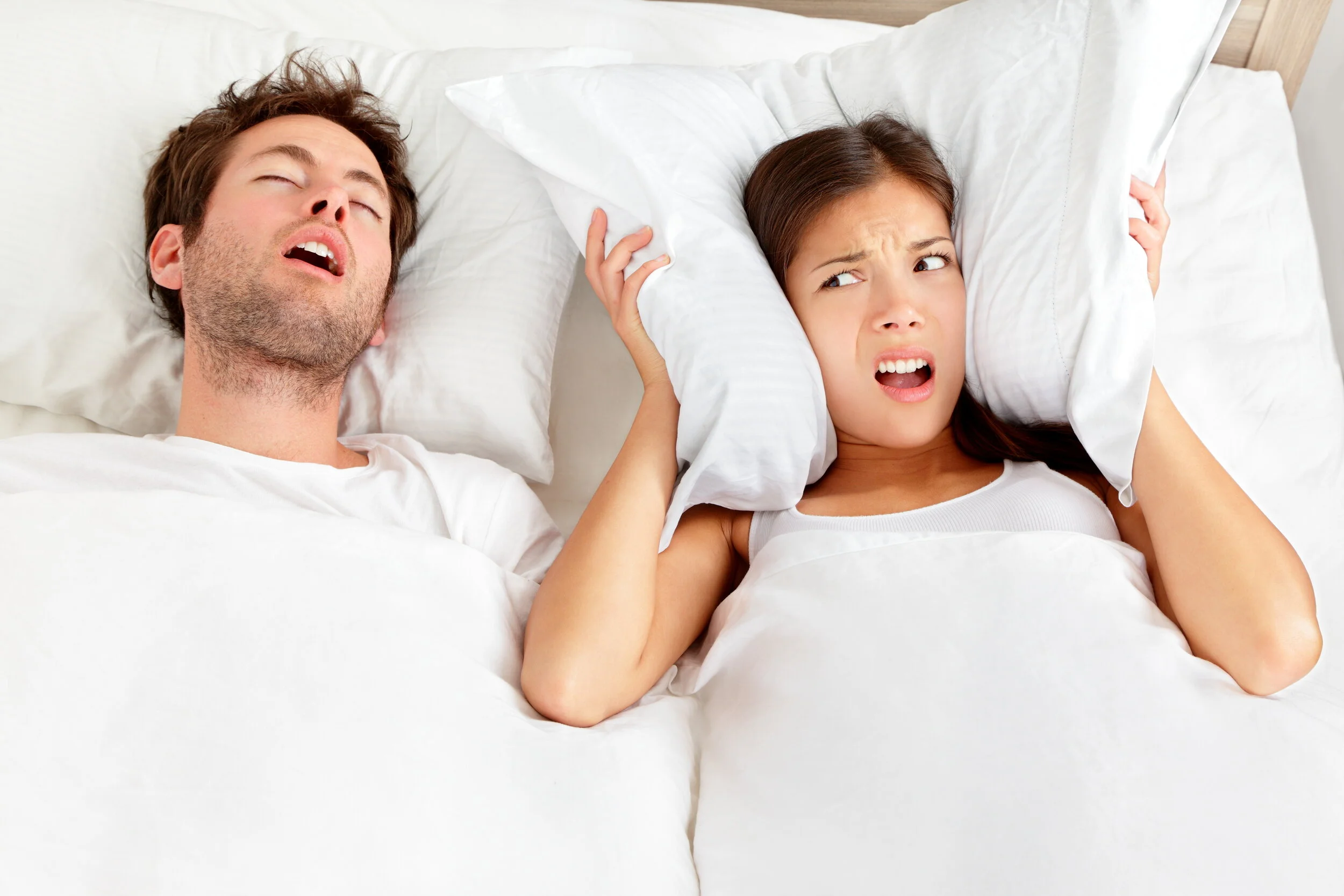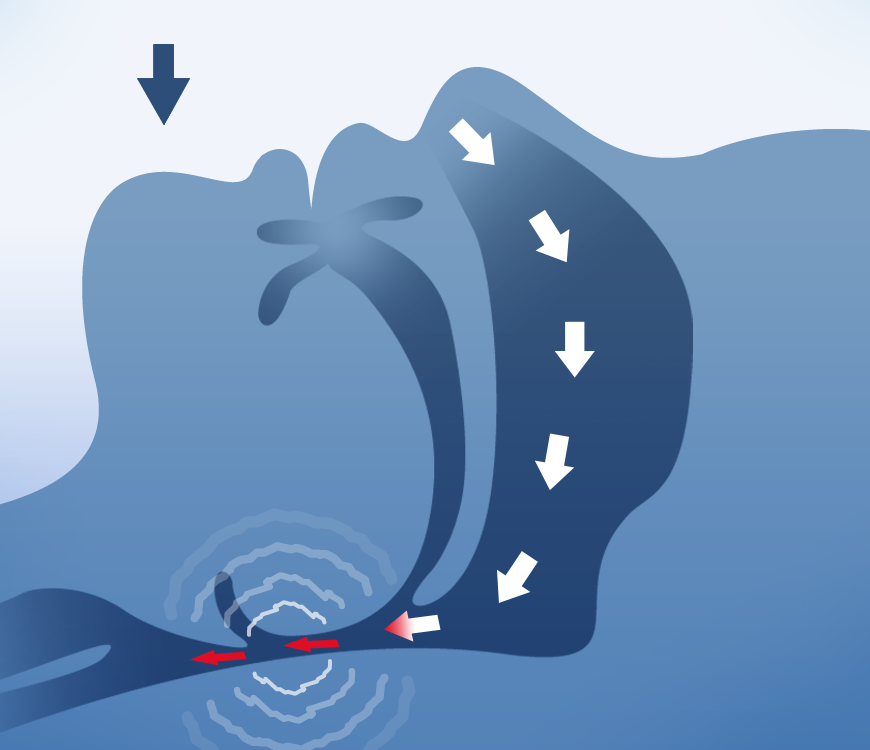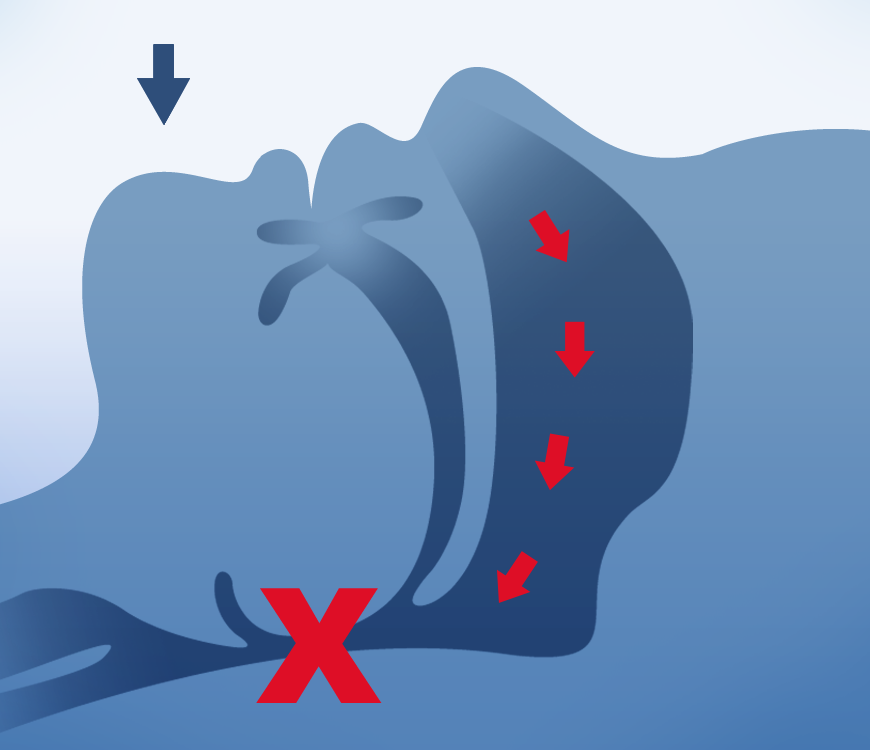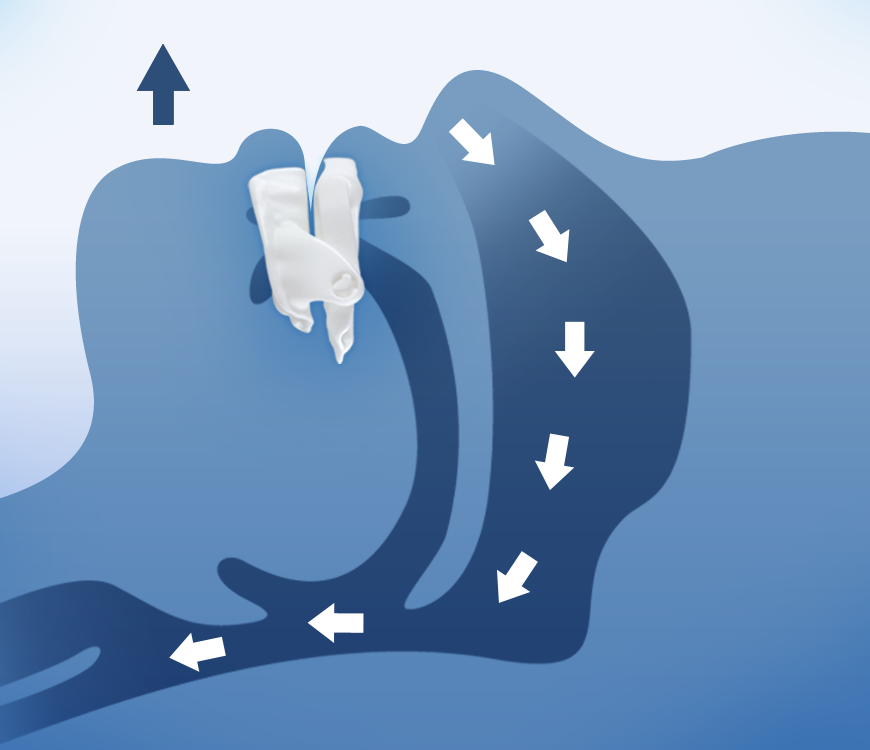Not getting enough sleep due to snoring?
For some, snoring is nothing more than an occasional, inconvenient habit, however for others, chronic, heavy snoring can be a sign of more serious health concerns. occasional snoring can disturb others and cause a dry mouth or sore throat.
Chronic, heavy snoring is often a symptom of sleep apnea, which can be associated with stroke, hypertension, and other hearth breathing problems.
What can a Denturist Do?
A Denturist can provide a non-invasive, non-surgical oral appliance that is specially designed to treat snoring and obstructive sleep apnea.
These oral appliances are small and easy to wear. They weigh only a few grams, making them convenient for travel. In addition, they are relatively inexpensive when compared to other alternatives, such as surgery and Continuous Positive Airway Pressure (CPAP). Some medical insurance companies cover the cost of these appliances.
Here at MDS Denture Clinic, we offer the Panthera Anti-Snoring appliance (D-SAD) to treat snoring and/or sleep apnea. Using the latest technology in 3D printing, the Panthera Anti-Snoring appliance is manufactured to fit only you. Thanks to this process, the outcome is the most predictable and Panthera Dental offers the most durable appliance on the market, perfectly adapted to each patient.
How it works
Snoring and/or sleep apnea is due to the collapsing of the upper airway caused by muscles of the throat relaxing during sleep. To maintain airflow, the person must actually make an effort to breathe as they sleep. The solution to open the upper airway, is the Anti-snoring appliance. It moves the lower jaw forward to a comfortable position which allows you to breathe normally during your sleep.
What is Sleep Apnea?
The Greek word “apnoia” (apnea) literally means “without breath”. There are three types of apnea: obstructive, central and mixed. Obstructive sleep apnea is the most common.
Despite the root cause, people with untreated sleep apnea stop breathing repeatedly during sleep, often for a minute or longer.
What are the signs of Sleep Apnea?
Chocking or interrupted breathing during sleep
Excessive daytime sleepiness
Morning headaches
Jerking limb movements during sleep
Awakening tired and thirsty
Snoring
Severe sleep apnea can result in serious health complications, including high blood pressure, heart rhythm disturbances, and even heart failure. People with undiagnosed or untreated sleep apnea are more likely be involved in work accidents and automobile accidents while driving, due to lack of sleep.
If you experience one or more of these symptoms, consider going to your local sleep clinic to conduct a “sleep study”.





